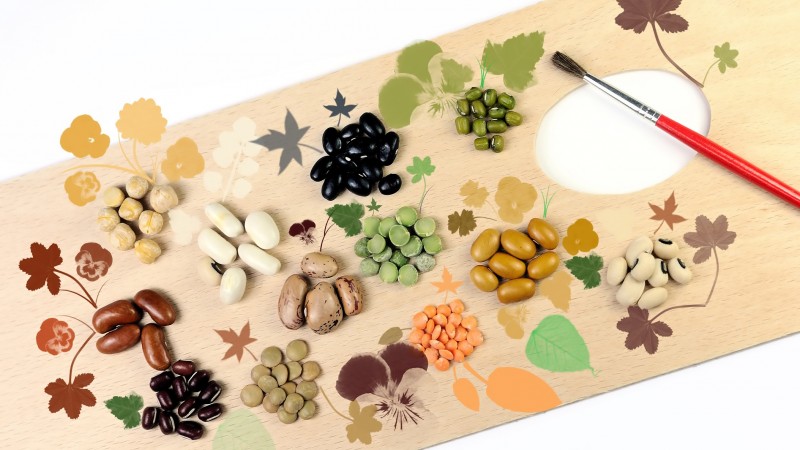Pulses: Turkey relies on high imports
June 11, 2024 at 4:24 PM ,
Der AUDITOR

India is the most important producer of pulses
According to the United Nations Food and Agriculture Organisation (FAO), global production of pulses currently stands at 96 million mt. Abdullah Özdemir, Chairman of the Mersin Commodity Exchange, emphasises that only five countries account for half of this huge production volume – India is by far the most important producer with a share of 29%, followed by Canada (6%), China and Russia (5% each) and Nigeria (4%). With regard to Turkey's contribution, Özdemir notes that with an annual production of 1.3 million mt, the country has a 1.4% share of the global trade in pulses, making it the 15th most important producer. Turkey ranks third in the world for chickpeas and fourth for red lentils.
Continuity is based on imports
Turkey can also boast good overall exports of cereals, pulses, oilseeds and their products and even set new records. The country's exports reached a value of USD 5 billion in the first five months of 2024. Kazım Taycı, Chairman of the Board of Directors of Istanbul Grains, Pulses, Oilseeds and Products Exporters Association (IHBİR), emphasises that the biggest factor behind the increase in exports is the diversity of markets, coupled with high-quality products and affordable prices.
However, in order to export such large quantities, Turkey is also dependent on high imports. “Although we are the 5th most important exporter […], we are also the 3rd largest importer country. Because our exports in pulses are based on imports, we import red lentils from Canada, Kazakhstan, Russia and Australia within the scope of the Inward Processing Regime (DIR). We import dried peas from Russia and Ukraine. We can ensure continuity in the market by processing and re-exporting these imported products, not with our own products”, Özdemir adds.
View more
- price charts





